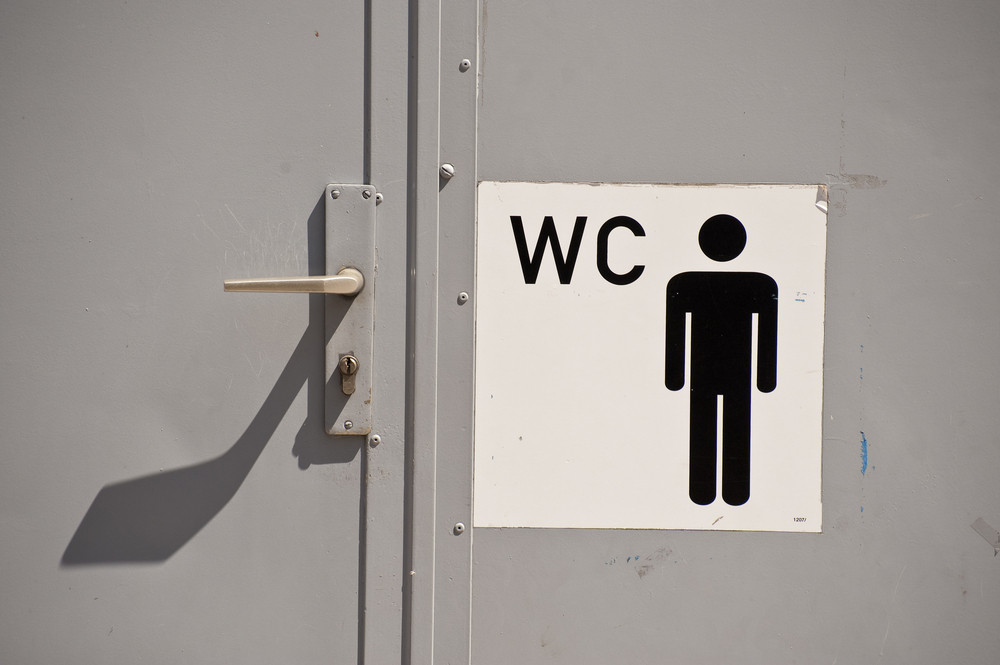
Renting portable toilets for an event is an essential consideration for ensuring guest comfort, maintaining hygiene, and complying with health regulations. As environmental awareness grows, the focus on portable toilets and sustainability has become increasingly important. Event planners are now looking for eco-friendly options that minimize waste and conserve water. This guide offers a comprehensive overview of renting portable toilets for an event, emphasizing sustainability and best practices.
Understanding the Basics
When planning to rent portable toilets, start by estimating the number of units needed. A general guideline is one toilet per 50 guests for a short event. However, this number should be adjusted based on the duration of the event, the presence of food and beverages, and whether alcohol is served, as these factors can increase usage. Including accessible units to accommodate all guests, including those with disabilities, is also crucial.
Focus on Sustainability
The conversation around portable toilets and sustainability is centered on reducing environmental impact. Eco-friendly portable toilets are designed to use less water, or no water at all, in the case of composting toilets. These units convert waste into compost, which can be used for non-food plants, reducing the need for chemical deodorizers and the volume of waste sent to sewage treatment facilities.
Types of Sustainable Portable Toilets
- Solar-Powered Portable Toilets: These units use solar panels to power interior lights and handwashing stations, reducing the need for chemical cleaners by using UV light for sanitation.
- Composting Toilets: By composting human waste, these toilets offer a waterless solution, significantly reducing water usage and producing compost that can help replenish the soil.
- Recycling Flush Toilets: These toilets recycle the water used for flushing, filtering, and disinfecting it before reusing, considerably reducing the amount of water needed.
Selecting the Right Provider
Choosing a provider that emphasizes sustainability is key. Look for companies that offer eco-friendly options and are transparent about their sanitation processes and the environmental benefits of their products. Discuss how the waste will be managed and ensure they adhere to local regulations and environmental standards.
Placement and Maintenance
Strategic placement of portable toilets is crucial for accessibility and ease of use. Place them in well-lit, level areas to prevent accidents and ensure they are easily accessible for maintenance. Regular cleaning and maintenance are essential, especially for sustainable units, to ensure they function efficiently and remain hygienic throughout the event.
Communication and Signage
Educate your guests about the importance of sustainability and how to use eco-friendly portable toilets properly. Clear signage can help with this, directing guests to the facilities and explaining any unique features of the sustainable units you’ve chosen.
Advantages of Eco-Friendly Portable Toilets
- Water Conservation: Eco-friendly portable toilets significantly reduce water usage, a critical consideration in areas facing water scarcity.
- Reduced Chemical Use: By minimizing or eliminating the need for harsh chemical deodorizers, these toilets are better for the environment and human health.
- Waste Reduction: Composting toilets and recycling systems reduce the volume of waste, contributing to a smaller ecological footprint.
Renting portable toilets for an event doesn’t have to be at odds with sustainability goals. By choosing eco-friendly options, you can provide necessary facilities for your guests while minimizing environmental impact. This approach not only ensures the comfort and convenience of attendees but also aligns with a growing commitment to protect and preserve our planet.


